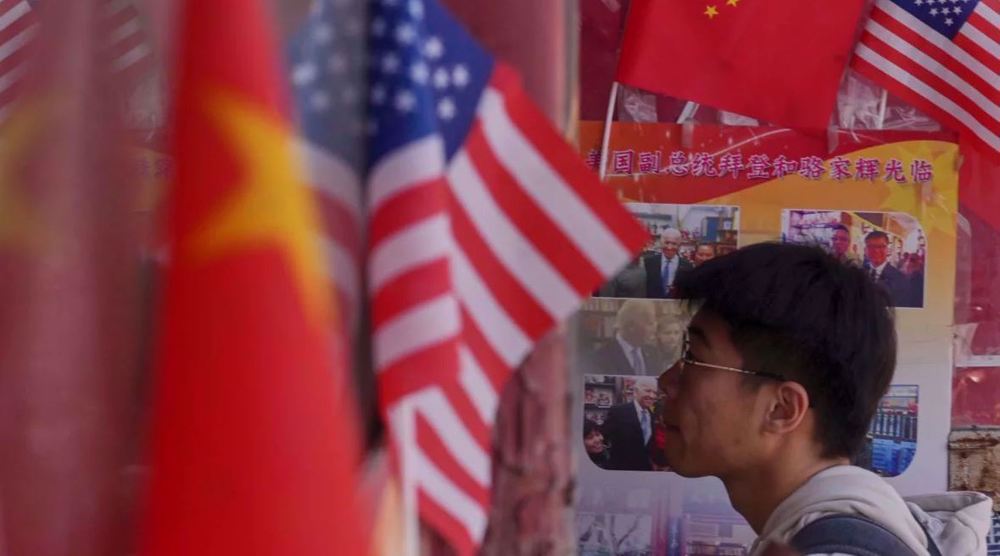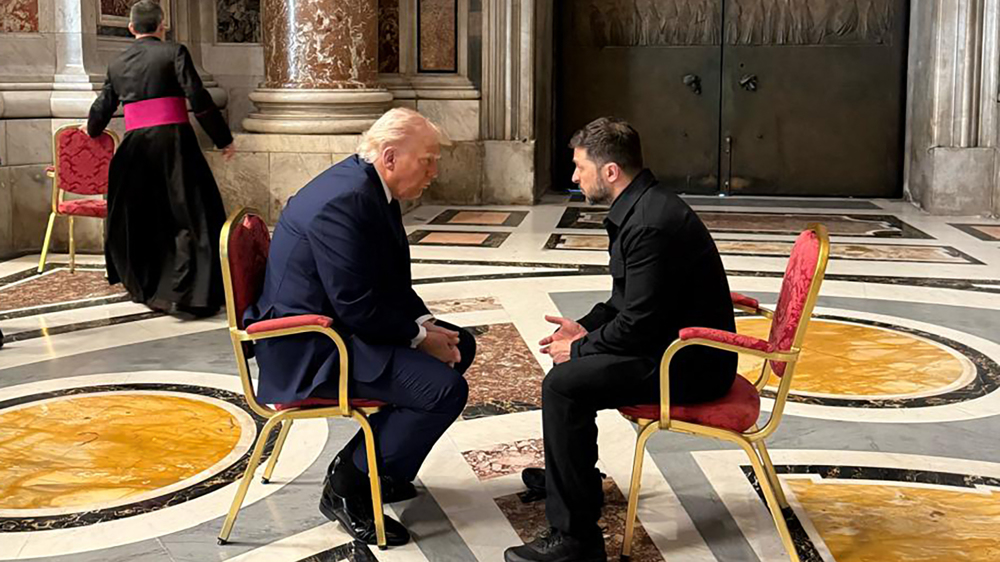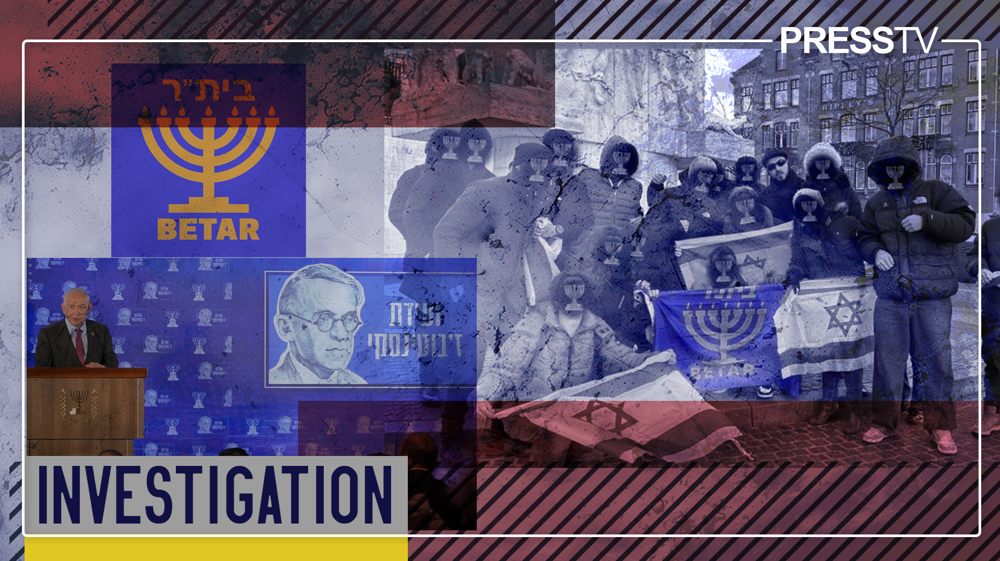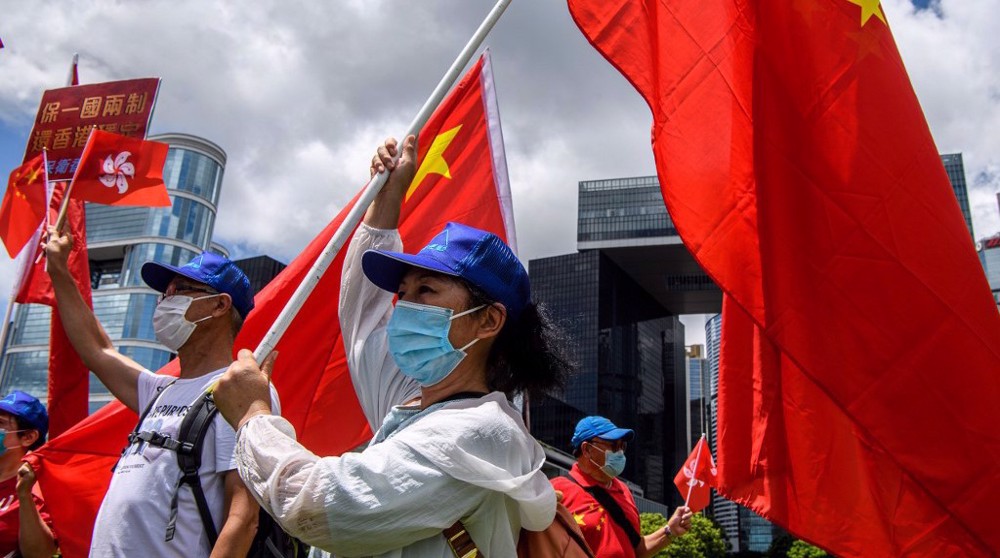China ratifies Hong Kong security law; US suspends territory's preferential exports
The Chinese parliament’s top decision-making body has approved a new national security law for Hong Kong, nearly 40 days after the semi-autonomous city’s legislature passed the Beijing-proposed bill.
The standing committee of China’s National People’s Congress approved the bill on Tuesday, the last day of a special session to fast-track the legislation.
The full text of the bill has not been released yet, but according to previous reporting, the law criminalizes sedition, secession, terrorism, and collusion with foreign forces against the mainland.
Beijing was also expected to set up a national security office in Hong Kong to “supervise, guide and support” the city government.
The South China Morning Post (SCMP) quoted unidentified sources as saying that the official Xinhua news agency would publish the details of the law on Tuesday afternoon and Hong Kong officials would gather at Beijing’s top representative office in the city later in the day for a meeting on the legislation.
Protests erupted in Hong Kong after the law was proposed on May 22. Critics view it as a blow to the region’s autonomy and civil liberties.
China says the legislation will leave political freedoms intact and return stability.
Hong Kong was rocked by violent protests over another bill that would have reformed its extradition law last year. Rioters vandalized the city, destroying public and private property and attacking individuals deemed to be pro-government. Hong Kong dropped that bill, but the acts of violence continued.
Western governments, meanwhile, have jumped at the opportunity to attack China. Beijing has repeatedly warned against foreign meddling in its internal affairs.
US reacts, cuts back exports
Washington began abolishing Hong Kong’s special status under US law on Monday, halting defense exports and limiting the city’s access to high-technology products in anticipation of the law’s enactment.
US Commerce Department declared its suspension of “preferential treatment to Hong Kong over China, including the availability of export license exceptions,” noting that further measures to eliminate the city’s privileged status were under consideration.
US Secretary of State Mike Pompeo claimed that Washington was “forced to take this action to protect US national security.”
Pompeo also announced last week that Washington was imposing visa restrictions on current and former officials of China’s Communist Party believed to be undermining Hong Kong’s autonomy.
Beijing then reacted on Monday by declaring that it would impose visa restrictions on American individuals with “egregious conduct” on Hong Kong-related issues.
Hong Kong’s leader slams threats of sanctions
Meanwhile, Hong Kong’s Chief Executive Carrie Lam blasted threats of sanctions against the city on Tuesday.
“No sort of sanctioning action will ever scare us,” she said. “Any sanctions will not intimidate us. Our country will have countermeasures.”
She did not, however, comment on the passage of the national security law, because a meeting in Beijing to discuss the law was still ongoing then.
Meanwhile, police have banned this year’s July 1 rally on the anniversary of the city’s 1997 handover from Britain to China, citing coronavirus restrictions.
The SCMP also reported that nearly 4,000 officers would be on standby on Wednesday to deal with any unrest if people defied the ban.

Trump’s tariffs spark fears of price hikes, product shortages in US: Report

Trump, Zelensky hold 'productive' talks ahead of Pope's funeral in Rome

Betar US: America's new face of Zionist terrorism and the darker rebirth of Kahanism
VIDEO | Press TV's news headlines
Betar US: America's new face of Zionist terrorism and the darker rebirth of Kahanism
‘More serious than before’: Iran-US talks enter critical phase amid hope and caution
Pezeshkian’s visit to Baku heralds new order in South Caucasus
VIDEO | Eight killed, six injured after car rams into crowd at Vancouver Filipino festival
Keffiyeh-wearing Jewish woman assaulted by pro-Israel mob in New York
Hezbollah, Hamas, Islamic Jihad express solidarity with Iran after deadly port explosion
Pezeshkian: Iran ready to share achievements with African nations








 This makes it easy to access the Press TV website
This makes it easy to access the Press TV website